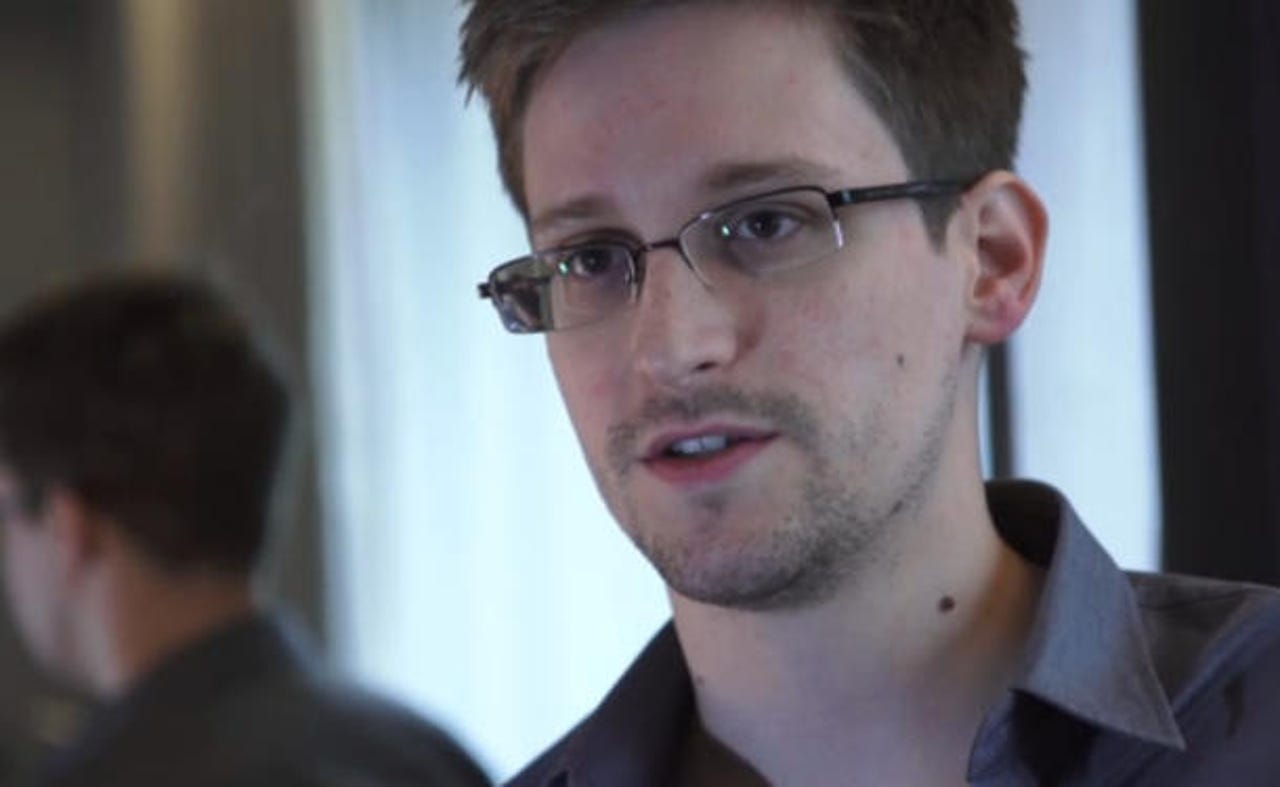Guardian reveals identity of NSA whistleblower


Edward Snowden says he has done "nothing wrong" in blowing the whistle on the NSA's surveillance program.
The 29-year-old's identity has been revealed by U.K.-based newspaper The Guardian in the form of an interview that took place in Hong Kong. The publication says that the whistleblower's identity was revealed on request. Snowden commented:
"I have no intention of hiding who I am because I know I have done nothing wrong. I understand that I will be made to suffer for my actions. I will be satisfied if the federation of secret law, unequal pardon and irresistible executive powers that rule the world that I love are revealed even for an instant."
The former technical assistant for the CIA has worked at the National Security Agency for the past four years as a contractor employee, working with firms including Booz Allen and Dell.
Snowden is responsible for leaking documents to the publication which revealed the details of the agency's surveillance program Prism. A report from The Washington Post said that Prism granted "intelligence services direct access to the companies' servers," and tech giants including Facebook, Apple and Google were labeled as part of the scheme.
The companies in question denied these claims, some proclaiming that they had never head of Prism, as well as stating that no "direct access" is given to governmental bodies. As a result, the Post quietly altered its original story. A government official said that the confusion stemmed from a misread PowerPoint program which was leaked to the publication.
Snowden said he wanted the focus to be on "what the U.S. government is doing," rather than his personal plight and the likely consequences for his actions, believing that the government will seek to "demonize" him.
"I really want the focus to be on these documents and the debate which I hope this will trigger among citizens around the globe about what kind of world we want to live in," Snowden said. "My sole motive is to inform the public as to that which is done in their name and that which is done against them."
The 29-year-old was originally brought up in North Carolina, and later moved to Maryland where he attended a community college. In 2003, Snowden enlisted in the U.S. Army to join the Special Forces, but was later discharged after breaking both legs in a training accident. Snowden then secured a job for the NSA as a security guard before moving to the CIA to work on IT security. While stationed in Geneva, the whistleblower quickly became disillusioned with how the U.S. government operated.
"Much of what I saw in Geneva really disillusioned me about how my government functions and what its impact is in the world," he says. "I realised that I was part of something that was doing far more harm than good."
After dashed hopes that the election of President Obama would rein in surveillance policies, he felt uncomfortable with and learning about how "all-consuming the NSA's surveillance activities were" over the next three years, so Snowden decided to take action.
Snowden made preparations to go public several weeks ago. After telling a supervisor he needed several weeks away for treatment for epilepsy, he boarded a flight to Hong Kong and has remained there ever since because "they have a spirited commitment to free speech and the right of political dissent." In other words, it may be one of the few countries available that will allow him to fight the next move of the U.S. government.
In going public, the whistleblower said he has sacrificed a very "comfortable" life, a salary of roughly $200,000, his girlfriend and home in Hawaii. So why do it? The whistleblower says it is a matter of principle:
"The government has granted itself power it is not entitled to. There is no public oversight. The result is people like myself have the latitude to go further than they are allowed to. I carefully evaluated every single document I disclosed to ensure that each was legitimately in the public interest. There are all sorts of documents that would have made a big impact that I didn't turn over, because harming people isn't my goal. Transparency is.
I feel satisfied that this was all worth it. I have no regrets."